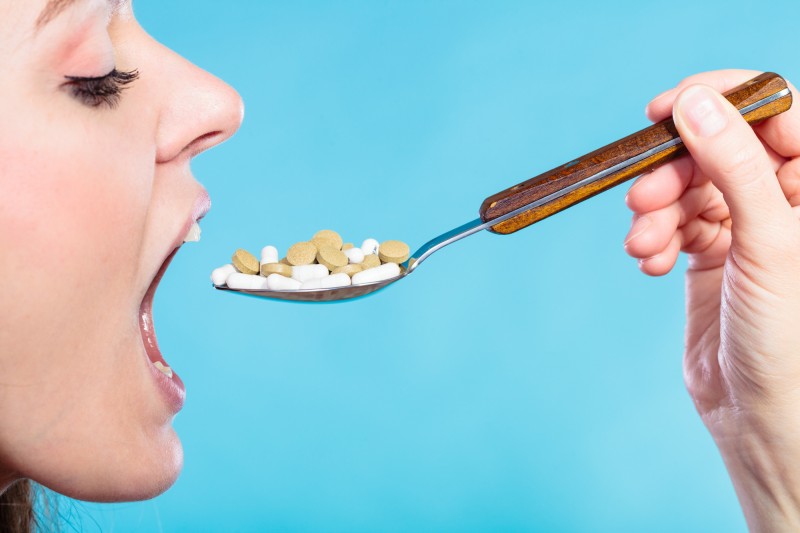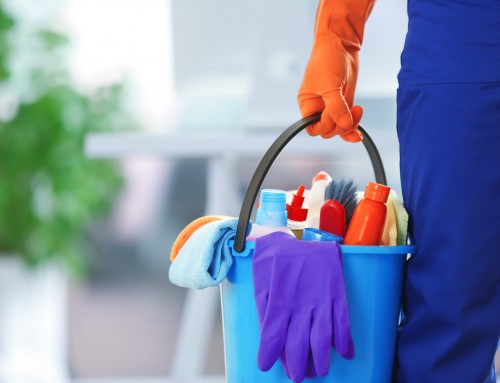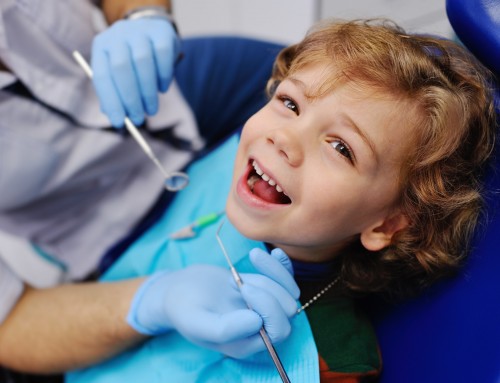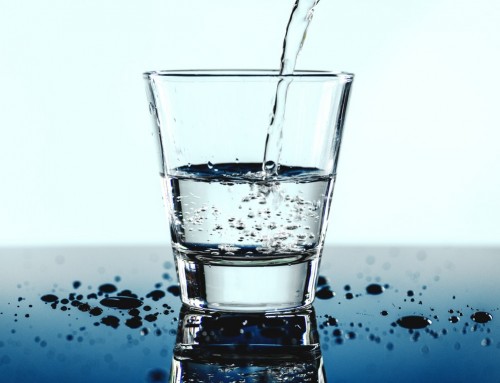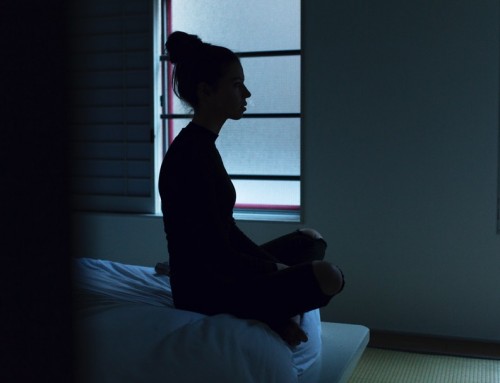Pain pill addiction is an epidemic in this country. The National Institute on Drug Abuse reports that more than 115 people in the United States die every day after overdosing on opioids.
Illegal street drugs are not the only substances to blame. Legal prescription drugs like Oxycontin, Vicodin, and Percocet also lead to addiction and death.
Drug addiction is permeating all levels of society. No one is immune, including women. Addiction to pain pills crosses all geographic and socio-economic boundaries.
This article will examine pain pill addiction, how it can happen to anyone, and how to avoid it. It will look at how to spot the signs in yourself or someone you care about. It will also offer recommendations on getting help.
1. Who Gets Addicted to Pain Pills?
Drug addiction does not discriminate. People of all ages, races, and professions get addicted to prescription drugs.
Prescription drugs have saved many lives. They help people manage chronic conditions and maintain healthier lifestyles than previous generations.
This pill-taking culture has resulted in a nationwide dependence.
Because a doctor prescribes them, many people think there is no danger in taking pain pills. Usually, there is no risk when taken as prescribed.
However, many patients abuse these medicines by taking more than the prescribed amount. They also make up ailments to obtain more prescriptions.
Many celebrities have admitted to this kind of addiction, including Eminem, Winona Ryder and Matthew Perry of “Friends” fame. But the disease is not only prevalent amongst the Hollywood set.
High profile political wives Betty Ford and Cindy McCain were groundbreakingly honest about their struggles with pain pills. Rush Limbaugh also admitted his addiction.
Many of the country’s most talented artists succumbed to this addiction. Michael Jackson, Prince and Elvis Presley all died from overdoses of strong prescription painkillers.
2. How Do People Get Addicted to Pain Pills?
Pharmaceutical drugs treat pain, provided patients take them as prescribed. Many people have found they relieve the pain following severe surgery or injury.
Unfortunately, a high number of patients become dependent upon the pills. They continue to take them even after they recover from their illness or surgery.
Physicians sometimes overprescribe pain pills. Pharmaceutical companies used to offer incentives to doctors to write more prescriptions.”Pill mills” are unethical medical establishments which hand out pills like candy.
Some addicts started taking pain pills for ordinary aches and pains like headaches or menstrual cramps. Once they began to take them, they found they could not stop.
More young people are consuming these drugs because they are so accessible. At “pharm parties” or “skittles parties” they raid their parents’ medicine cabinets and take the drugs they find.
Individuals often use these aides to help with psychic pain as well. Pills may give temporary relief to those suffering from anxiety, stress or depression. In the long run, addiction wrecks more havoc on these conditions than other more natural ways of addressing them.
Alcoholics are more likely to become dependent on legal pain medications. A family history of addiction is also an indicator you may be prone to the disease. Discuss these matters with your doctor before she gives you a prescription for pain medication.
Other risk factors include poverty, unemployment, a history of anxiety or depression, and regular contact with high-risk people.
Women, in particular, are considered to be at higher risk for addiction. They are more likely to suffer chronic pain and to be prescribed opioids for extended periods. They may have biological tendencies to be more addictive.
3. What Are the Signs of Prescription Drug Addiction?
Usually, you should take a pharmaceutical like Vicoden or Oxycontin for up to three days after an injury, surgery or other condition that causes severe physical pain.
Extended use makes it more likely you may develop a dependency. Most doctors will suggest other methods to deal with lingering pain.
If you or someone you know begins taking these medicines beyond the amount prescribed, that is an initial sign of dependency. Obtaining prescription drugs without a prescription or stealing from other people’s medicine cabinets are all danger signs.
As people get more addicted, they sometimes visit numerous physicians’ offices in order to obtain multiple prescriptions. They may also forge prescription pads in order to get more drugs or claim that they lost their originals. Of course, these are illegal activities, which expose the person to criminal charges.
When an addict has trouble obtaining the legal drugs to which they have become dependent, they are more likely to turn to illegal street drugs in order to quench their insatiable physical urges. Pain pill addicts may turn to heroin and fentanyl, both dangerous drugs which can lead to overdoses.
4. What Are the Dangers of Addiction to Pain Pills?
Once a patient has become addicted, she will start to experience severe cravings for the drugs she has been taking. Once the addiction has progressed, abstaining from the drug may cause physical withdrawal. Depending on the degree of dependency, the symptoms of withdrawal may range from uncomfortable and unpleasant to excruciatingly painful.
Someone in withdrawal may be anxious and irritable. They may breathe rapidly, sweat profusely or have a runny nose and muscle aches. More severe symptoms include vomiting, cramping, diarrhea, confusion, and tremors.
Because withdrawal can be so physically and psychologically difficult, it is always recommended to go through it under a doctor’s care or in a detox facility.
Because withdrawal is so uncomfortable, many addicts will go through anything to avoid it. A clear sign of addiction is the person’s increased willingness to take risks and tendency to get into trouble while they find ways to “cop.”
Addicts are statistically more likely to commit crimes and be the victims of crimes. They may go to unsafe neighborhoods or engage in dangerous activities in order to obtain drugs.
Addicts frequently endanger their careers, relationships and ultimately themselves. Untreated, addiction to pain pills can result in lost jobs, divorces and lost custody, and increased exposure to crimes and illness.
The ultimate danger is death: addicts can overdose on pain pills or on drugs they take as a substitute for the pills, like heroin. They may get behind the wheel of a car while intoxicated and cause devastation to themselves and others. Opioid addicts are also more likely to commit suicide than the rest of the population.
5. How to Find Help
If you or your loved one is experiencing any of these symptoms of addiction to pain pills, contact a physician immediately or go to the emergency room. There are plenty of excellent detoxification facilities to help you deal with the physical challenges of withdrawing from drugs.
Because addiction is a physical and psychological affliction, many have found relief and assistance in longer-term rehabilitation programs. These programs may require that you stay in a facility for 30, 60 or even 90 days. You will learn techniques for managing the desire to use drugs, and why you depended on them in the first place.
Many employer-supported insurance plans will cover your stay in these programs, and your job is usually protected if you agree to seek treatment. Click here for more about where to find a rehab program that’s right for you.
People who have battled addiction often need to continue some form of maintenance throughout their lives. Addiction is a disease of relapse. It is not unusual to go back to taking opioids again even after what may have seemed like a successful rehab stint.
Many recovering pill addicts continue to see therapists or addiction specialists to help them overcome the physical and psychic pains which come with life.
Many find comfort in Narcotics Anonymous meetings, where they meet other recovering addicts and learn more ways to keep sober. Helping others is an important component of staying clean. It helps to speak to others who are going through what you went through.
Pain Pill Addiction: There Is Hope
Addiction to opioids can be insidious and powerful. Because pain pills are legal and given by a doctor for a legitimate purpose, many people start to take them. Then they find that they cannot stop.
Pain pills can be a gateway to illegal drugs. Half of the people who inject heroin turned to it after abusing prescription painkillers. Three in four new heroin users start out using prescription drugs. Overdose deaths related to heroin increased 533% between 2002 and 2016.
The good news is, many people have been able to overcome pain pill addiction with help from doctors, rehabilitation centers and recovery programs. In fact, many recovered addicts are able to pursue fulfilling, healthy and happy lives once they receive treatment.
There is a whole wide world out there to enjoy. You can pursue the job of your dreams and discover the joys of a healthy lifestyle.
Clean living includes taking care of your body, your mind, and your soul. It leads to better relationships with your family, friends, and partner. It can also be a lot of fun!
If you want to know more about how to get the best out of life, explore our blog.

